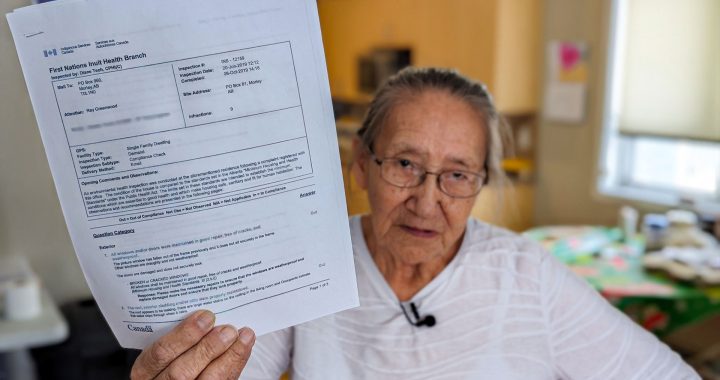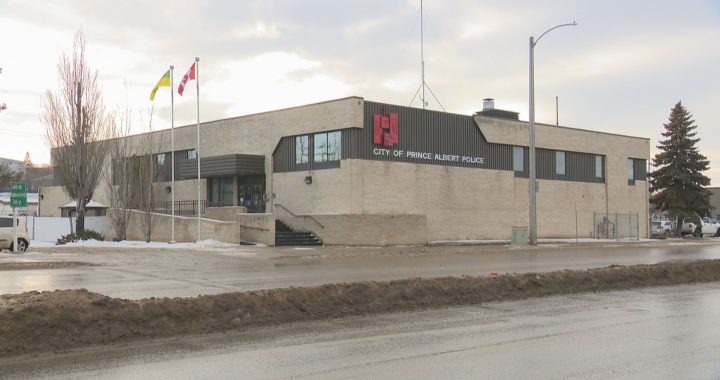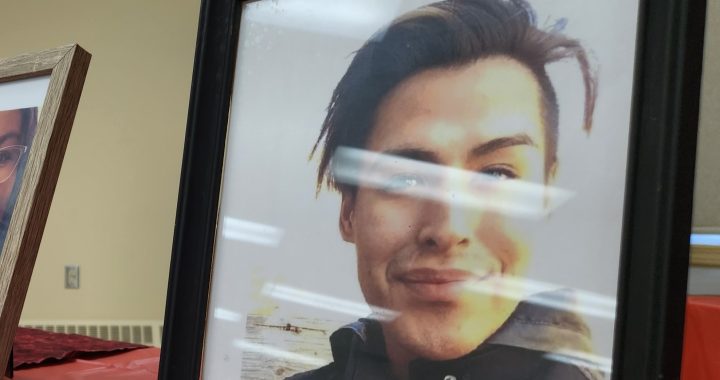Kathleen Martens
APTN Investigates
KENORA, Ont. — A small-town lawyer failed some of his residential school clients in almost every way, a law society tribunal was told here Monday.
The three-person panel is hearing evidence into allegations of professional misconduct against Kenora lawyer Douglas Keshen.
“The hearing is not about whether Mr. Keshen is a good man,” said Susan Heakes, who will present the Law Society of Upper Canada’s case. “The hearing is not about other clients of Mr. Keshen – whether he did good work for them or not. It is not whether he has given to his community.
“Our focus,” Heakes said, “is relatively narrow. We only consider whether the law society can establish the balance of probabilities that he is guilty of professional misconduct.”
Complaints were filed by 33 residential school survivors who cannot be named under a publication ban imposed by the panel.
Heakes said they hired Keshen to represent them in their compensation or Independent Assessment Process (IAP)for serious physical and sexual abuse suffered at Indian residential schools. But they barely saw him.
Instead Heakes said survivors met with junior lawyers and articling students to fill out forms and even represent them at their complex, emotional and critically important compensation hearings.
Yet Keshen was paid $400,000 or more than $13,000 per application.
That represents only a fraction of his 400 survivor-clients but that doesn’t matter, Heakes added.
“Are you alleging intentional dishonesty by Mr. Keshen?” asked panel chair David Wright.
“I’m not able to say so at this time,” Heakes replied.
The panel will hear up to 10 weeks of evidence at a Kenora hotel. Keshen faces possible discipline in the form of a fine, suspension or even disbarment.
He has been a lawyer here for 38 years and built his career on serving First Nation’s people, said his lawyer Daniel Naymark.
“He is a life-long devoted servant of these communities,” Naymark said. “He is not here to make a quick buck off the tragedy of residential schools.”
In fact, Keshen’s firm was a signatory to the Indian Residential Schools Settlement Agreement, the legal framework that set compensation guidelines.
So Heakes said he should have known a lot of what he is accused of doing is wrong. Such as not communicating with clients, not keeping proper notes of meetings with clients, facilitating high-interest third-party loans, transferring clients’ funds from a trust account to the firm’s general account, and not forwarding their applications for compensation for months at a time.
He is also accused of giving one survivor’s substantial payout to his family members instead of protecting the client’s interests as a vulnerable alcoholic and street person.
He is also accused of refusing to give clients bills for service – claiming that it was his firm’s policy.
Keshen says he did nothing wrong and did not receive any personal benefit from helping his clients.
“Mr. Keshen didn’t charge any fees,” said Naymark. “He charged them zero.”
But Wright clarified that statement by noting each lawyer earns 15 per cent from the government per client and can seek an additional 15 per cent for complex cases. Keshen, he said, did not request additional fees above the original 15 per cent.
And clients got good results, Naymark said, noting the firm beat the IAP average payout of $112,000 per claim.
“If they hired a different lawyer they would have gotten almost $30,000 less than average per person,” he said. “We’re talking about clients who didn’t pay fees and got better than average results.”
Naymark cited bookkeeping errors for some of the alleged financial wrongdoing, saying Keshen shouldn’t have signed off on the work.
Wright said that was called “professional misconduct” but Naymark said he would argue that point at a later date.
Everything Keshen did or didn’t do, Naymark said, was to help First Nations’ people. Even discouraging them from taking a loan from a company called Settlement Lenders against their payout although he had to be involved if they did.
“He was literally keeping their hydro on,” Naymark said.
But Heakes said rules for lawyers working with IAP clients were updated on a regular basis and it was well known assigning loans violated the rules. Rules written to protect survivors from losing any of their compensation money to third parties.
The hearing continues through the summer and into September.










